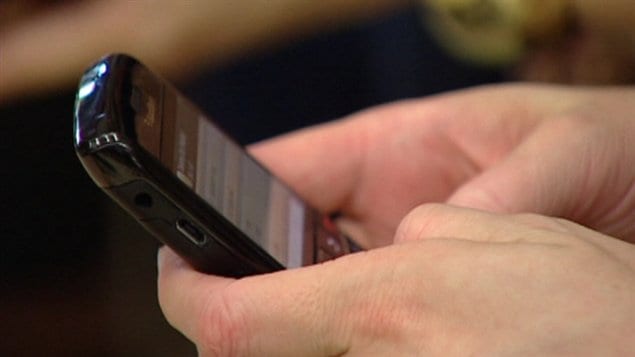Canada’s highest court has ruled in favour of the right to privacy in emails and text messages. The Supreme Court of Canada said Wednesday police have no automatic right to snoop at will into private messages.
The Court was ruling on a general warrant obtained by a rural police force in the province of Ontario. The warrant compelled Internet provider Telus Communications Co. to turn over a large number of text messages and future texting exchanges involving three persons.
By a vote of 5-2, the justices said that the police in the case should have been obliged to get a judicial wiretap authorization, something more difficult to obtain than a general warrant.
While general warrants are relatively easy to get, wiretap authorizations are another matter. They are available only for investigations of specially designed, serious crimes. Police must also convince a judge that all other reasonable investigative techniques have been tried and have failed.
Lawyers for the police argued that since the wiretap provision in the Criminal Code was not written with text messages in mind, police needed only a general warrant to access past and future text messages.
Lawyer Scott Hutchison, who argued the case for Telus, praised the Court for supporting privacy in an age of new communication technologies.
“The ability of communicate without any concern that the state is going to be able to stick its nose in there willy-nilly, is essential to the formation of a free and democratic society. The hallmark of totalitarian regimes is surveillance,” Mr. Hutchison said. (th)







For reasons beyond our control, and for an undetermined period of time, our comment section is now closed. However, our social networks remain open to your contributions.